Beijing residents mourn loss of cheap shopping as wholesale markets close
BEIJING — It looks like Lunar New Year has come early to Beijing, as locals scrambling for discounts at dozens of migrant-run wholesale markets scattered around the city.
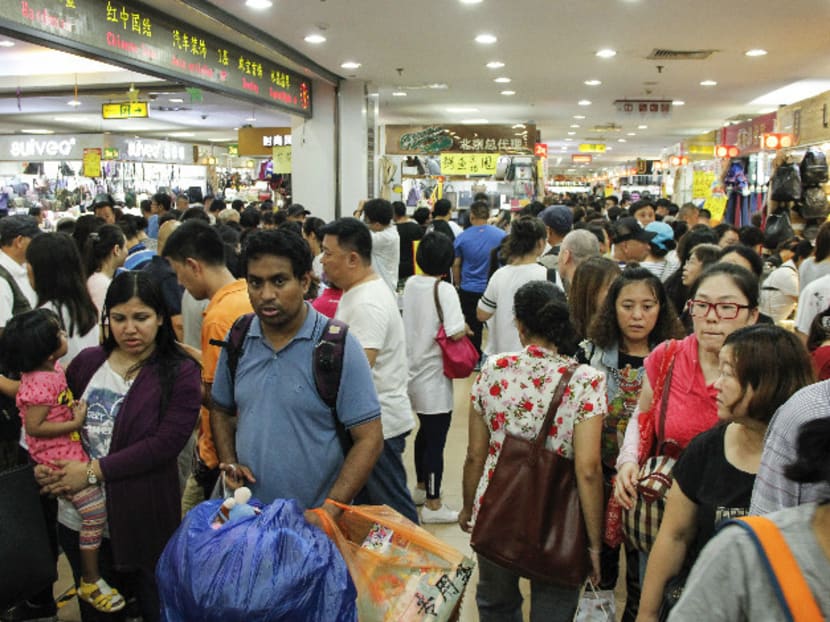
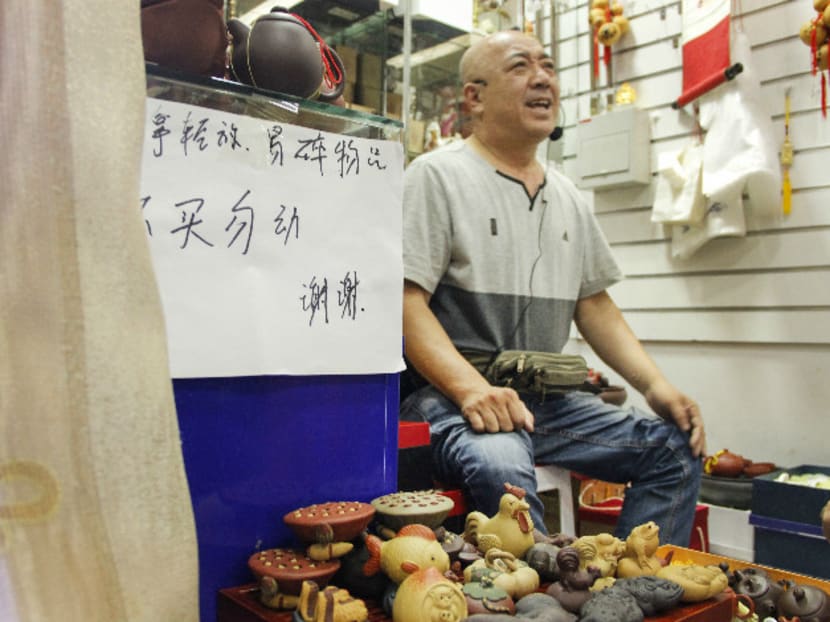
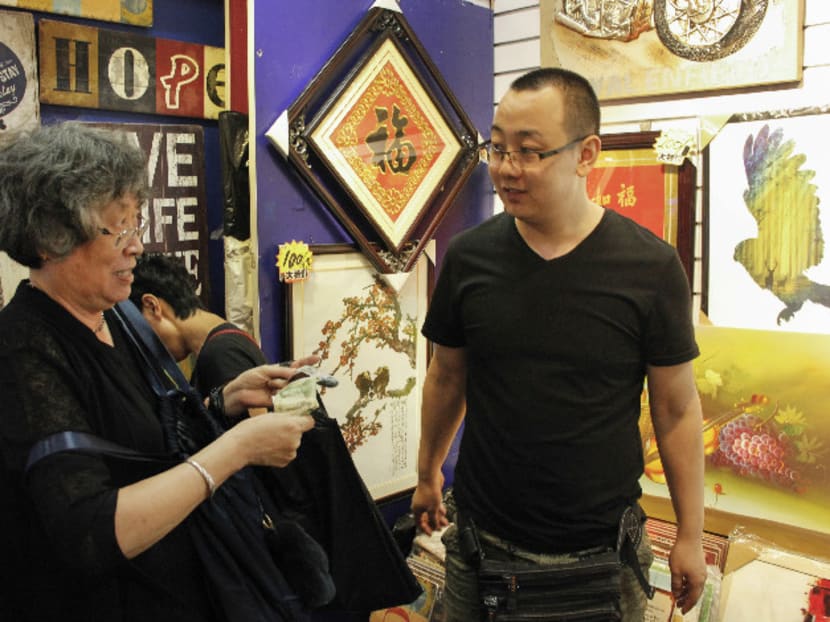
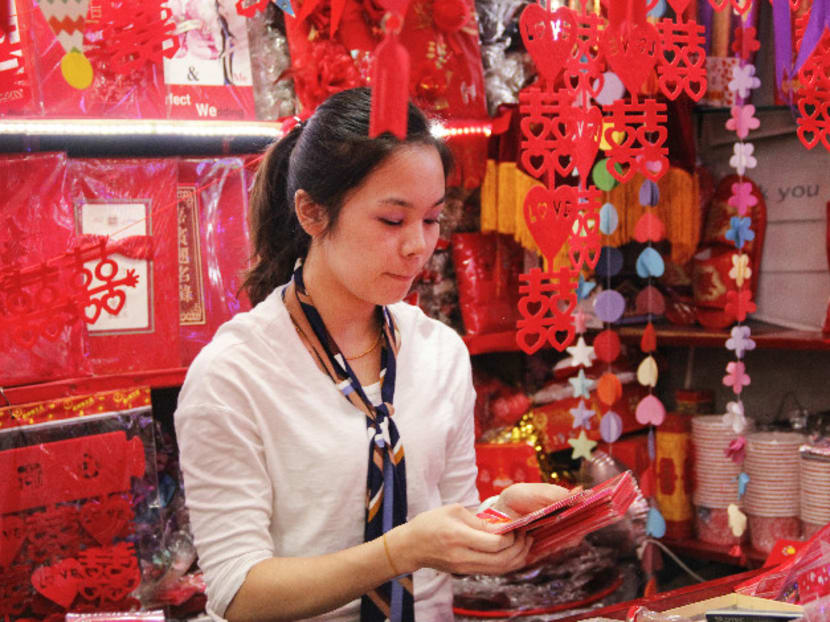
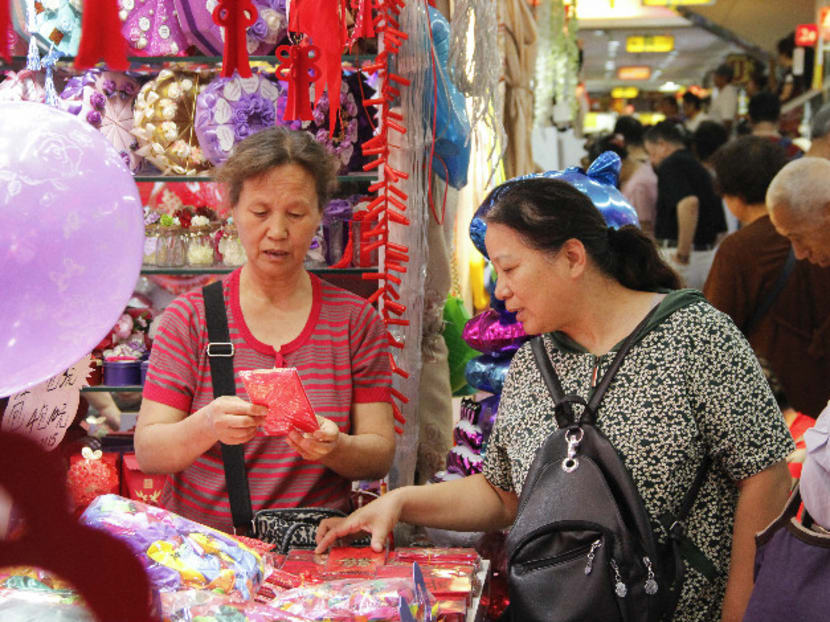
BEIJING — It looks like Lunar New Year has come early to Beijing, as locals scrambling for discounts at dozens of migrant-run wholesale markets scattered around the city.
But this buying frenzy has actually been triggered by the imminent closure of more than 100 markets for clothes, toys and household items by the end of the year, as the city government cracks down on migrants who have operated them for decades.
About 80 specialty wholesale markets have already been shuttered in the first seven months of the year, according to Beijing’s Commission for Development and Reform. The Beijing Municipal Commission of Commerce has earmarked 120 wholesale markets and 38 warehouses for closure this year to ease congestion and reduce the influx of migrants.
But the plan may backfire, with many battle-hardened shop owners simply relocating to the capital’s fringes instead of packing up and leaving.
“I’ve sold ribbons in Beijing for nearly 20 years, and I don’t plan to give up now,” said a stall owner at Tianyi Wholesale and Retail Market, who gave only his surname, Yin. Tianyi Market, with over 4,000 stalls spanning 11,000 sqm, is Beijing’s largest small-commodities wholesale market.
It is known for cheap trinkets, spring festival decorations, kitchenware and even Halloween costumes.
Customers were seen carting away black garbage bags full of goods from clearance sales in the weeks ahead of Sept 15, its last day of operation.
“I haven’t found a new shop yet,” Mr Yin said. “But my clients are here so I won’t go back,” added the native of East China’s Zhejiang province.
Several stall owners interviewed by Caixin echoed a similar sentiment. Although it will be difficult to find another central location like Tianyi in Fuchengmen, just 8km north-west of downtown Beijing, many said they will try to relocate within city limits.
“We’ve been busy with clearance sales since July, and will search for a new place once we wrap up here,” said a woman surnamed Dai from Anhui province. Ms Dai has been selling agate and aquamarine necklaces at Tianyi for nearly a decade.
Ms Li Xiang from Sichuan province, who sells trinkets that include fortune cats, also said she was determined to stay despite a wave of wholesale-market closures in Beijing in recent years.
The start of this trend can be traced back to a municipal-government circular issued in 2007 that advocated the relocation of wholesale markets from downtown areas to the edge of the city to ease traffic congestion and overcrowding in central Beijing.
But the move gathered steam after the Communist Party’s Politburo announced in 2015 an ambitious plan for the coordinated development of Beijing and the surrounding Hebei province and Tianjin municipality. The new megapolis, known as the Jing-Jin-Ji area, is expected to be six times the size of metropolitan New York, and include nearly 10 per cent of China’s population.
Beijing had cleared 302 wholesale markets and 51 logistics centers in total in 2015 and 2016, data from the municipal government showed. Some of them have relocated to neighbouring Hebei province. According to data from the Hebei Provincial Department of Commerce, the province will host 28 wholesale markets that were moved from Beijing this year.
Mr Wang Shaozhu, 35, from the city of Shijiazhuang in Hebei, has been selling replicas of popular paintings for years at Tianyi. He is among a few sellers interviewed by Caixin who were willing to move out of Beijing.
“The main bread-and-butter for sellers in these markets is their wholesale business,” Mr Wang said. “They supply in bulk for export orders and orders from other parts of China. They usually keep a minimum 50 per cent margin. If you’ve done business in Tianyi for a decade, you can roughly make about 500 million yuan (S$102 million) in profit on average over that period.”
Tax revenues collected by the government hinted at the large trade volumes at Beijing’s wholesale markets. For example, Dahongmen clothing wholesale market in the north of Beijing — also slated for closure at the end of this year — paid 50 billion yuan in taxes in 2013, according to data from the government office managing the market.
“Many of these sellers have already made their money,” Mr Wang said. “They can afford to move to a pricier place in the city.”
Mr Wang said he will not work as a wholesaler after moving back home, and will consider his next step.
FIGHT FOR COMPENSATION
Closing Beijing’s wholesale markets have been a slow and painful process for both sellers and authorities. One major issue is the lack of a common standard for compensation, with authorities that manage individual markets left to negotiate the details with stall owners.
At Tianyi, sellers have been promised four times the deposit they paid for their stores as compensation, according to a government notice. Those who paid their deposit late will get twice the amount. In July, officials conducted a survey to see whether sellers agreed to the amount. The management at Tianyi also stopped charging rent as of June 25, asking tenants to clear their inventory by Sep. 15.
“The compensation proposed by the management is reasonable, at least compared with the situation at other wholesale markets, so many of us agreed with them,” said Mr Cui Yonghai, a tenant of Tianyi Market, who sells Chinese tea sets and items used to improve feng shui in homes and offices. “We all understand Tianyi will be closed sooner or later.” Nonetheless, Mr Cui said that he has not received the compensation money yet.
In late June, over 100 shopkeepers at the Beijing Wholesale Zoo Market held a rare street protest against what they called “unfair compensation.” Several sections of the popular market for clothes, a stone’s throw away from the Beijing Zoo, are expected to close on Oct 6.
Another protest was staged last week after months of negotiations. A seller named Li Leqin said they were in the peak shopping season and have stocked up their warehouses already. “The sudden closure will cause a huge loss,” she said. The management said it would pay 60,000 yuan as compensation, but sellers said that is barely enough to cover their losses.
The Zoo Market covers an area of 0.8sq km with 130,000 stalls in 12 malls. More than 20,000 tenants at the market who paid around 60 million yuan in taxes per year are asking why the local government is pushing them out.
But the Xicheng district government said it costs about 100 million yuan per year to deal with traffic jams and environment problems in the area, partly caused by the market.
Beijing’s nominal population of 23 million is in reality far larger, as judged by proxy figures such as the usage of public transportation. Population quotas are being issued district by district, motivating local officials to clear out their neighbourhoods.
In 2014, the local government in Xicheng set up an office exclusively for the clearing, relocation and upgrading of so-called low-end business, such as wholesale markets in the area.
It is planning to turn the Tianyi Market complex into a hub for high-tech businesses, said Mr Li Yunwei, associate head of the office.
Some former Tianyi tenants will shift their business to Tianjin and Hebei, the office said. Sellers will also be trained on selling online.
Beijingers, who have been pushed into air-conditioned malls selling branded goods at high prices, will miss cheap shopping at the wholesale markets.
A woman from the Inner Mongolia autonomous region, who identified herself only as Tian, was sitting on two large garbage bags full of shopping near the entrance to Tianyi on Tuesday. She had spent 2,000 yuan in a day.
“I heard from friends that the market was closing and rushed in to look for a last-minute bargain,” she said. “I bought two duvets. In other places, each would cost me over 1,000 yuan, but here, it was only 400 yuan.”
A regular customer at Tianyi who only gave her surname, Gao, said she came there every year to buy items for her do-it-yourself art projects.
“I am disappointed the market will close,” she said. “It’s difficult to find such variety and bargains, even online.” CAIXIN ONLINE





